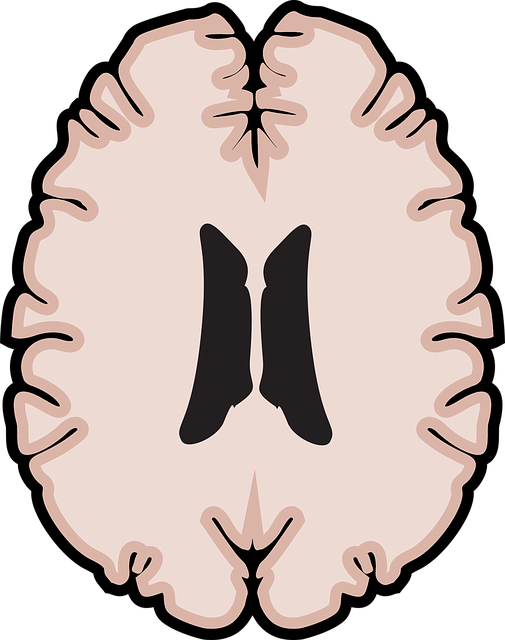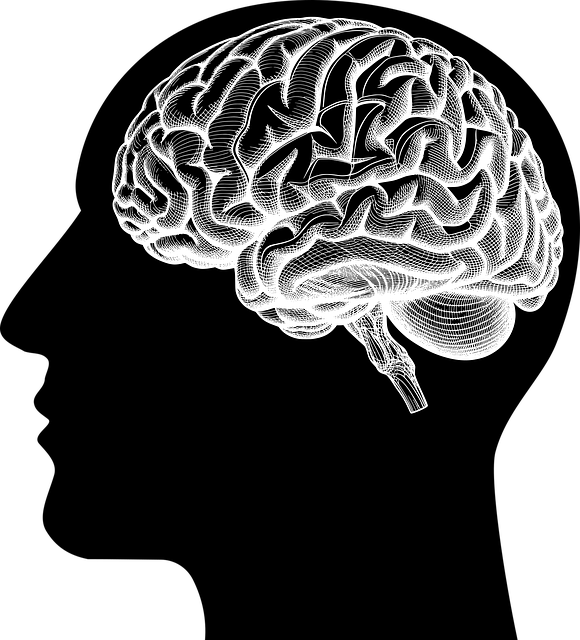Navigating a mental illness diagnosis requires a thorough process led by mental health professionals who assess risks, diagnose co-occurring disorders like those treated at Littleton Alcohol Abuse Therapy, and develop personalized treatment plans. Effective care combines professional therapies (e.g., cognitive-behavioral therapy), self-care practices (like mindfulness meditation), and community outreach to reduce stigma. A strong support network is crucial, alongside cultural competency training for healthcare providers, ensuring inclusive care. Littleton Alcohol Abuse Therapy offers evidence-based approaches, peer support, risk management, and compassion cultivation for comprehensive recovery from alcohol abuse and co-occurring mental health issues.
Mental illness diagnoses and treatment navigation can be complex, but there’s help available. This comprehensive guide aims to demystify the process, offering insights into understanding mental health conditions and navigating various treatment options. From uncovering the diagnosis process to exploring effective therapies like Littleton Alcohol Abuse Therapy, we provide a roadmap for recovery. Additionally, we emphasize the critical role of building a supportive network, ensuring individuals on their path to healing receive the care they need.
- Understanding Mental Illness Diagnoses: Uncovering the Process
- Navigating Treatment Options: A Comprehensive Guide
- The Role of Littleton Alcohol Abuse Therapy in Recovery
- Building a Supportive Network for Effective Treatment
Understanding Mental Illness Diagnoses: Uncovering the Process

Understanding a mental illness diagnosis involves navigating a process that requires expertise and sensitivity. This begins with a comprehensive risk assessment, where mental health professionals evaluate symptoms, behaviors, and personal history to identify underlying conditions. Such assessments often include interviews, surveys, and standardized tools designed to uncover nuances crucial for accurate diagnoses. In many cases, Littleton Alcohol Abuse Therapy plays a significant role, addressing co-occurring disorders that frequently accompany other mental health issues.
The process doesn’t end with diagnosis; effective treatment requires careful planning. Risk management planning becomes essential for both patient safety and service providers’ well-being. This involves developing strategies to mitigate potential risks associated with specific treatments. Additionally, community outreach programs can foster a supportive environment by educating the public about mental health issues, breaking down stigma, and encouraging early intervention and treatment-seeking behaviors.
Navigating Treatment Options: A Comprehensive Guide

Navigating treatment options can be a complex and overwhelming process, especially when dealing with mental illness. The first step is to understand that there are various approaches to healing, tailored to unique individual needs. A comprehensive guide for navigating this journey begins with recognizing the importance of professional help. Consulting a healthcare provider, such as those specializing in Littleton Alcohol Abuse Therapy, is crucial. These experts can accurately diagnose conditions and offer evidence-based treatments like cognitive-behavioral therapy or medication management.
Additionally, integrating practices like mindfulness meditation and developing a self-care routine for better mental health alongside professional treatment can significantly enhance recovery outcomes. Encouraging healthcare provider cultural competency training ensures that individuals from diverse backgrounds receive sensitive and effective care. This holistic approach, combining specialized therapy, personal wellness strategies, and culturally responsive healthcare, paves the way for a more inclusive and successful navigation of treatment options.
The Role of Littleton Alcohol Abuse Therapy in Recovery

The journey to recovery from mental illness often involves navigating complex pathways, and Littleton Alcohol Abuse Therapy plays a pivotal role in guiding individuals toward lasting healing. This specialized therapy focuses on addressing alcohol abuse, which is not only a common co-occurring disorder but also a significant barrier to achieving and maintaining mental health. By integrating evidence-based practices, therapists at Littleton Alcohol Abuse Therapy help clients uncover the underlying causes of their alcohol dependence, offering them the tools to manage cravings and triggers effectively.
Beyond individual therapy sessions, the center fosters a supportive community that encourages peer support and shared experiences. This collaborative approach, combined with risk management planning for mental health professionals and conflict resolution techniques, ensures that clients are equipped not only to avoid relapse but also to handle challenges related to their mental health condition. Additionally, compassion cultivation practices are integral to the therapy model, promoting empathy, self-acceptance, and resilience—essential components in fostering a positive mindset and facilitating personal growth during recovery.
Building a Supportive Network for Effective Treatment

Building a supportive network is an integral part of navigating mental illness treatment effectively. This includes surrounding oneself with understanding and empathetic individuals who can offer both emotional support and practical assistance throughout the journey to recovery. Families, friends, or even support groups play a crucial role in fostering a positive environment conducive to healing. They provide a safe space for open conversations about struggles and achievements related to mental health, helping individuals feel less isolated.
In the context of specific treatments like Littleton Alcohol Abuse Therapy, a robust support network can enhance the overall effectiveness of care. Crisis Intervention Guidance and Healthcare Provider Cultural Competency Training are essential tools in ensuring that those in need receive culturally sensitive and timely assistance. Additionally, incorporating practices such as Mindfulness Meditation into one’s routine has been shown to improve coping strategies and promote better mental well-being, thereby strengthening the foundation for successful treatment outcomes.
Mental illness diagnosis and treatment can be complex, but with the right navigation assistance, individuals can find their path to recovery. By understanding the process of mental health diagnoses and exploring comprehensive treatment options, such as those offered by Littleton Alcohol Abuse Therapy, one can unlock a brighter future. Building a supportive network is key; it empowers individuals to access effective care and fosters resilience in navigating their journey. With dedicated resources and a holistic approach, recovery becomes an achievable goal.








